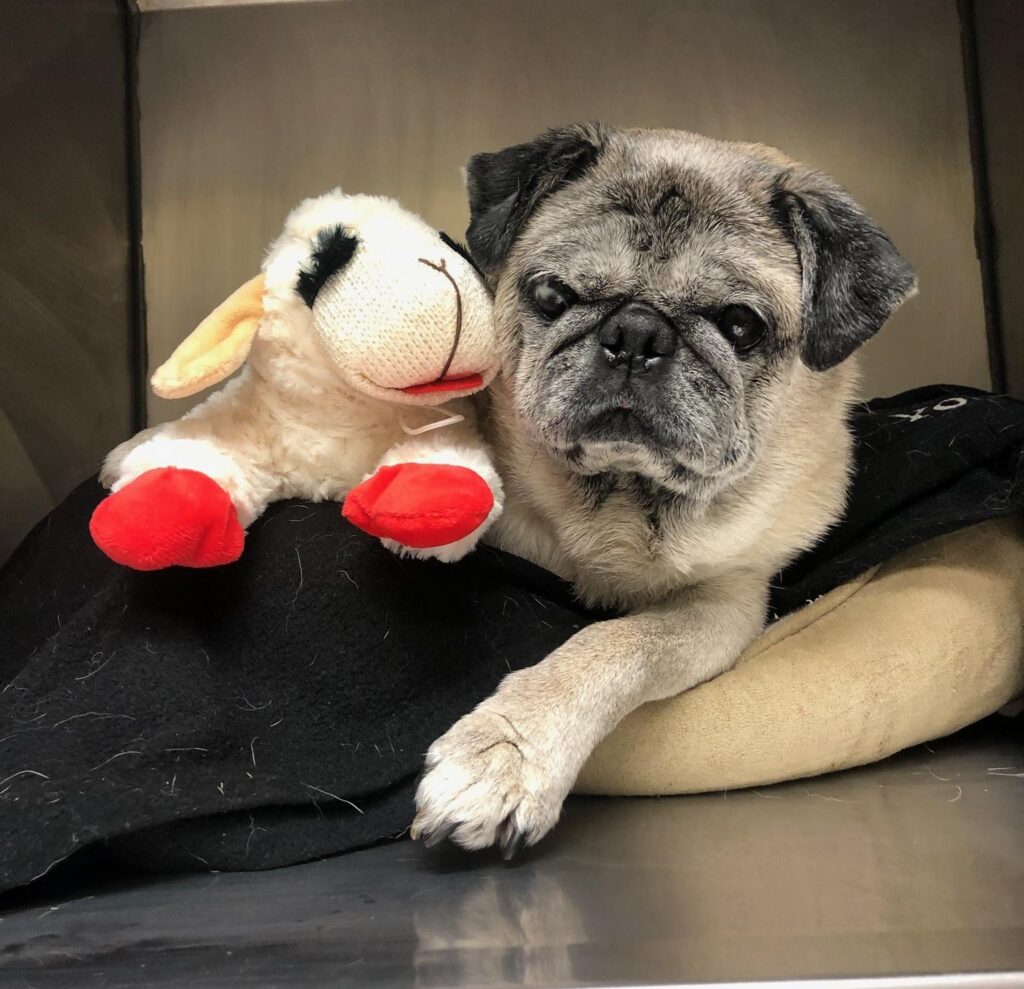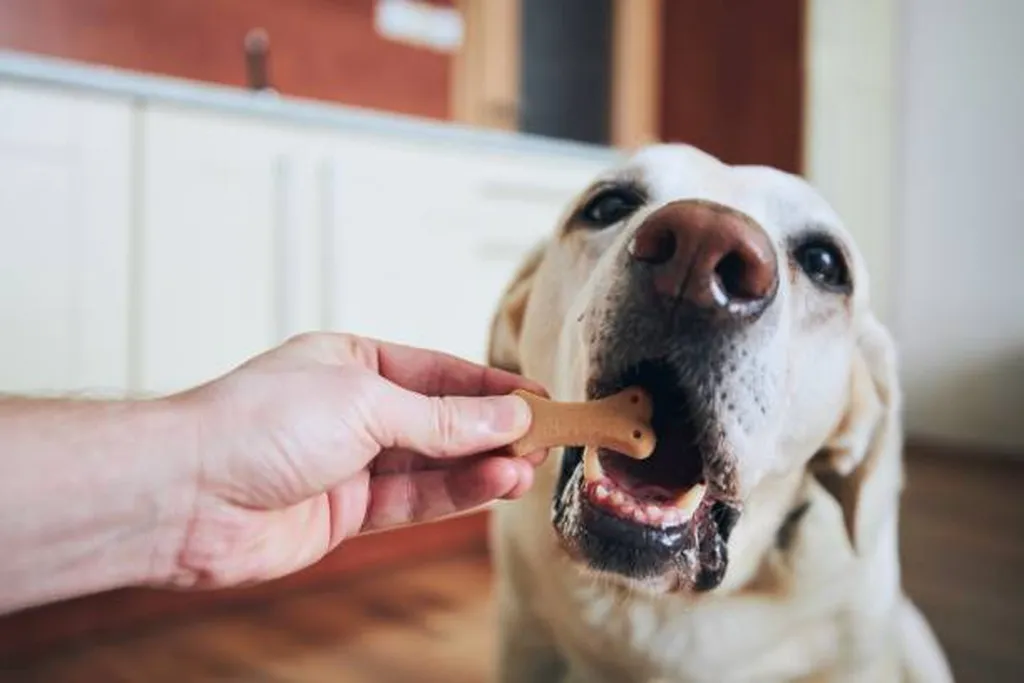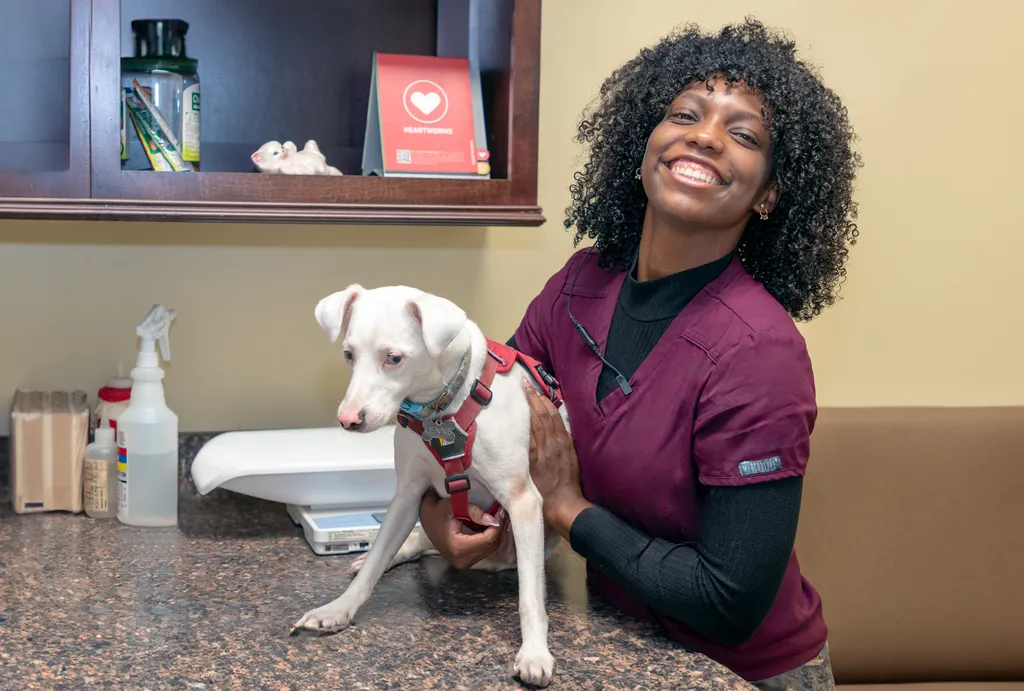While it can happen any time of the year, pancreatitis in pets is one of the primary reasons for busy vet hospitals around the holidays. This disease often raises its ugly head during holiday celebrations, but the savvy pet owner can often keep it at bay by empowering themselves with a little knowledge.
Keep reading to learn all you ever need to know about pancreatitis in pets.
A Pancreatitis Primer
Pancreatitis happens when the pancreas becomes inflamed. This very delicate abdominal organ normally aids in helping the body to digest foods by secreting enzymes that break down fats. It is also responsible for producing the insulin required for blood sugar regulation.
Sometimes, for reasons unknown, the pancreas becomes inflamed. While we can’t always pinpoint what triggers this change, we do know that for some pets the consumption of rich, fatty foods can set off the process. This is why we tend to see pancreatitis in pets more around the holidays.
A pet who is suffering from pancreatitis may have mild, nondescript symptoms or be quite ill. Most fall somewhere in between. Common symptoms associated with pancreatitis include:
- Lethargy or depression
- Decreased/absent appetite
- Abdominal pain
- Drooling
- Restlessness
- Vomiting
- Diarrhea
These are symptoms of many other diseases as well. Blood tests and diagnostics, such as radiographs and ultrasound, can help to arrive at the correct diagnosis.
Treating Pancreatitis in Pets
If you think that your pet may be suffering from pancreatitis, it is important to call us right away. This condition is quite painful and proper care is essential.
There is no cure for pancreatitis. Much like a stomach virus, we must help the patient to stay comfortable, well hydrated, and free of complications until the episode subsides.
Mild cases of pancreatitis may be treated on an outpatient basis with special diet instructions and oral medications. More severe cases may call for hospitalization for intravenous fluid therapy and drug administration. Very severe cases may need a feeding tube or treatment for problems with blood sugar related to decreased insulin production. Thankfully, most pets recover from pancreatitis with good care.
Stopping Pancreatitis in its Tracks
While we don’t always know what causes pancreatitis, there are some risks within our control.
As we head into this holiday season, there are some things you can do to decrease the odds that you and your furry family will have to deal with this condition. Consider:
- Not feeding pets scraps or food from the table
- Avoiding fattier foods for pets entirely (think gravy, bacon, vegetables dressed with butter, and poultry skin)
- Instructing any house guests not to feed your animals, or consider crating your pets during parties and gatherings
- Making an effort to keep any holiday treats off of countertops and tables where curious critters have access
- Keeping your trash can and any food waste in a place securely out of reach from four-pawed friends
We love to see you and your pets here at Oak Forest Veterinary Hospital, but we would rather you spend the holiday season at home with your family. Be sure to take the extra steps to avoid visiting us this Thanksgiving.



